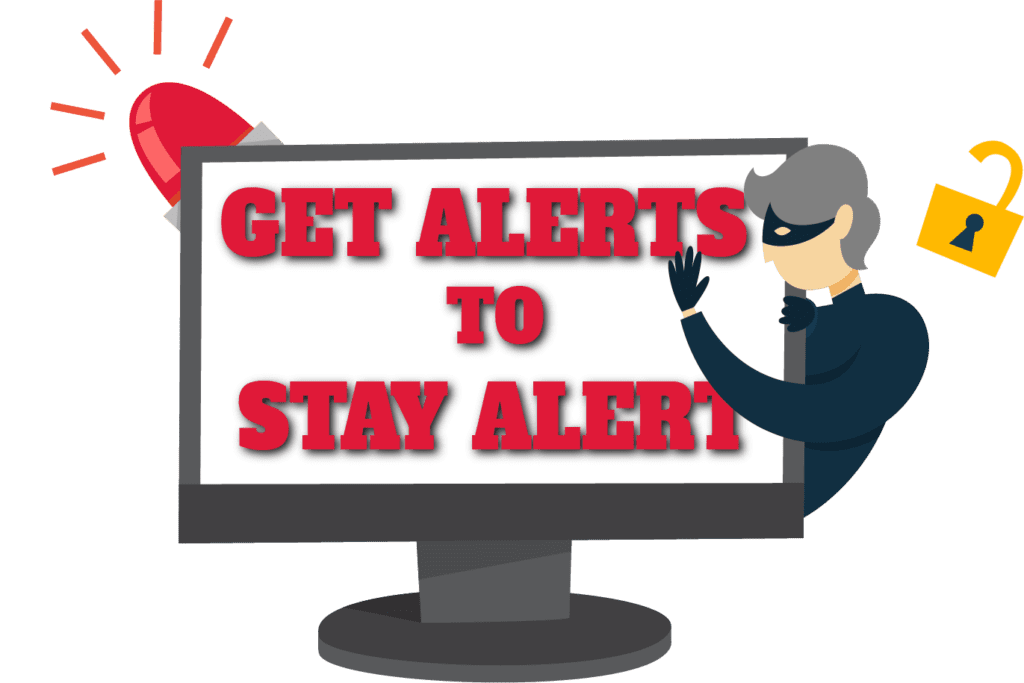INTRODUCTION
HEALTH & SAFETY FRAUD
COVID-19 Vaccine Scam
1 Quiz
Extortion-based Scam
1 Quiz
Funeral Scam
1 Quiz
Home Security Scam
1 Quiz
Prescription Renewal Scam
1 Quiz
INTERNET FRAUD
Amazon Scam
1 Quiz
Facebook Scam
1 Quiz
Fake Website Scam
1 Quiz
Internet Scam
1 Quiz
Mobile Phone Scam
1 Quiz
Shortened URL Scam
1 Quiz
RELATIONSHIP & LIFESTYLE FRAUD
Email/Failed Mail Scam
1 Quiz
Job and Employment Scam
1 Quiz
Lottery Scam
1 Quiz
Multi-Level Marketing Scam
1 Quiz
Parcel Delivery Scam
1 Quiz
Romance and Dating Scam
1 Quiz
BUY AND SELL FRAUD
Kijiji Scam
1 Quiz
Rental Scam
1 Quiz
BANKING FRAUD
Banking Scam
1 Quiz
Charity Scam
1 Quiz
Cryptocurrency Scam
1 Quiz
Delivery Charge Scam
1 Quiz
Delivery Scheduling Scam
1 Quiz
Financial Support Scam
1 Quiz
Money Transfer Scam
1 Quiz
Overpayment Scam
1 Quiz
Paying Twice Scam
1 Quiz
Refund Scam
1 Quiz
Credit and Debit Card Fraud
There are multiple ways that credit card and debit card fraud can happen and in a short amount of time too. Your credit card information can be stolen when
- You make a purchase from a fake or spoofed website
- You receive an email that appears to be from a legitimate person or organization that asks for your credit card information
- A small device is installed onto a payment terminal that records your credit card information as you use it
- An organization or company’s computer system is hacked and credit card information is stolen
- You swipe your credit card through a device that copies and stores the information on your credit card
- Someone goes through your mailbox or garbage and steals documents that contain banking information
You can protect yourself from being a victim of credit card fraud by…
- Keeping your PIN a secret and making it difficult to guess.
- Storing your credit cards in a safe location.
- Limiting the number of credit cards that you have or carry on you.
- When you are entering your PIN in a payment terminal, cover the terminal with your hand or body so that nobody can see the PIN you are typing.
- Locking your mailbox to decrease the risk of your credit card statements being stolen.
- Signing the back of your credit cards.
- Destroying old credit cards when they are expired or no longer in use.
- Storing financial information and credit card statements in a safe place.
- Destroying financial documentation or credit card statements by shredding them or burning them.
- Refraining from providing credit card information over the phone when in public or when people can hear you.
- Requesting for further information from an organization or company that is asking for your credit card information.
- Refraining from banking or online shopping when using a public computer/device.
- Do not provide credit card information over email.
- Ensuring your device is equipped with firewall, antivirus, and anti-spyware software.
- Using secure and trusted websites when shopping or banking online.
- Not letting people distract you when you are banking at an ATM.
- Keeping the phone numbers of your banking institution(s) handy so that in case you have been a victim of fraud you can contact your banking institution promptly.
Now it’s your turn!
Share this page to help others become aware, not afraid.
Share to Facebook
Share to Twitter
